The Three Types of Estrogen and Their Roles in Health
Let's talk about the hormone Estrogen and it's impact on our health. There are three types of estrogen: Estrone (E1) predominant in menopause, Estradiol (E2) predominant in reproductive years, and Estriol (E3) predominant during pregnancy. The most potent is Estradiol, important for sexual and reproductive development, produced mainly in the ovaries, and after menopause a small amount can be made in the adrenals and fat cells.
The Role of Estradiol in Women's Health
Estradiol (E2) is an essential hormone that supports the health of every organ and system in the female body. There are estrogen receptors throughout the body, in the female reproductive tract, and also in tissues as diverse as brain, heart, bone, liver, colon, skin, salivary gland, and more.
Major health benefits of Estradiol include:
Natural Antioxidant
Optimizes immune cell function
Maintains healthy blood vessels and controls cholesterol levels
Neuroplasticity: ability to form new neuronal synaptic connections
Impacts short/long term memory
Strong effect on mood via neurotransmitter Serotonin
Keeps toxins away from the brain by strengthening the blood brain barrier
Moderates glucose and Increases insulin sensitivity
Regulates appetite hormones and mobilizes fatty acid release
Regulates bone turnover and protects against bone loss - osteoporosis Maintains proper bone density
Regulates body fat
Estradiol’s Broader Impact on Health and Hormonal Balance
The effects and functions of Estradiol on Muscle, Brain, Bone, Cardiovascular and Metabolic health for women are profound and necessary for a long, healthy, vital and radiant life.
It might be surprising to learn that men also need Estradiol. It plays a small but critical role in male sexual function, is important for modulating libido, erectile function, sperm cell development, and is made primarily in the testicles and fat cells in men. A small amount of testosterone is converted to estradiol to maintain healthy reproductive and cognitive systems in men.
Life Stages and Estrogen Balance
We know that all hormones function best when in balance, and this is especially true for estrogen in the female body. We might look at it from the perspective of the three P's of every woman's life: Puberty, Pregnancy and Perimenopause. The first two are well documented, but things can get a little dicey at Perimenopause, usually in a woman's 40-50's but can start as early as 35. Menopause is a one-day event that occurs after a full year without a menstrual cycle, in the U.S. the average age is 51.
During Perimenopause wild fluctuations in estrogen levels can cause a multitude of symptoms, including, but certainly not limited to:
Irregular periods - heavy or light
Vaginal dryness - low sex drive
Hot flashes
Chills
Night sweats
Sleep problems - disrupted, insomnia
Mood changes - low mood, anxiety, irritability
Weight gain
Thinning hair and dry skin
Loss of breast fullness
Worse PMS than usual
Fatigue
Fibroids in the uterus
Fibrocystic breast lumps
Supporting Estrogen Health and Navigating Perimenopause Symptoms
There are powerful things we can do that go along way in maintaining healthy estrogen levels during this transition, and ease symptoms such as:
maintain a healthy weight and body composition - more muscle better metabolic function
incorporate weight lifting (yes, that's right ladies:)
reduce stress - meditation or mindfulness practice
move the body everyday - walk, dance, hike
get adequate sleep 7-9 hours each night
reduce or eliminate alcohol
reduce sugar and refined carbohydrates,
prioritize protein, ensure your plate is 50-75% leafy greens and vegetables
Have you experienced an estrogen or other hormone imbalance?
What, if anything has helped? Are you still struggling?
I can help you.
Reach out.
I'm Lisa Thompson, a Functional Nutritionist (FNTP) and I'd like to guide you on a journey to optimal health by providing education, support, accountability, motivation and inspiration. Using a holistic approach, I look deeply at how all of our inter-dependent systems work uniquely, and specifically in each of us- keeping in mind the bigger picture and LIFESTYLE choices that impact our well-being. For instance: how and when we eat, whether we get good sleep, what role exercise plays in our life, and how community, friends, family and belief systems impact our health and vitality.
I am currently taking new clients at this time and would love to work with you.
Email me: lisa@lisamarlenethompson.com



